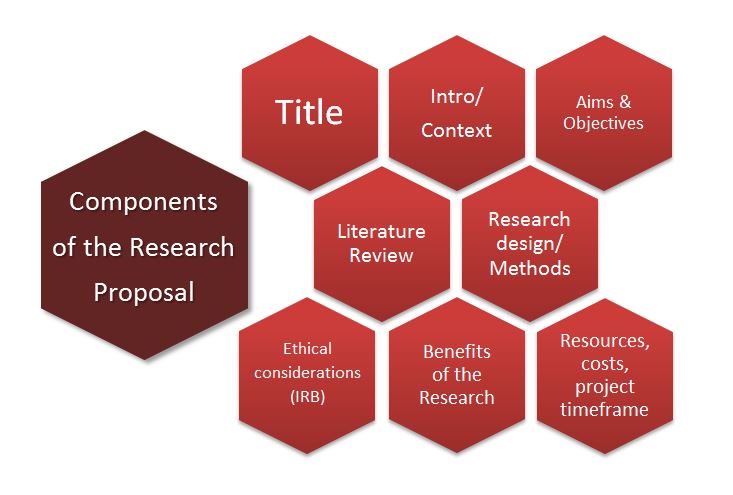
601 West Lombard Street
Baltimore MD 21201-1512
Reference: 410-706-7996
Circulation: 410-706-7928
Research is the process of arriving at dependable solutions to problems/questions/hypotheses through the planned and systematic collection, analysis, and interpretation of data: it may be applied or theoretical in nature and use quantitative or qualitative methods.
- Kennedy, M.R., & Brancolini, K.R. (2012). Academic Librarian Research: A Survey of Attitudes, Involvement, and Perceived Capabilities. College & Research Libraries, 73(5): 431-448.
The Medical Library Association's Research Imperative is the organization's committment to creating a culture that supports the presence and growth of information research. It aims to:
Why is library and information science (LIS) research important?
It is critical to formulate a clear and relevant research question. A great place to start is by identifying questions that arise during your work day. What questions do you find yourself asking? Are you performing tasks even though you aren't sure of their usefulness? For instance, consider evaluating a new (or old) service, technology or policy.
When developing your research question, consider:
A starting point for future research.
Librarians in the MLA Research Section conducted two Delphi studies (2008, 2011) which attempted to uncover the most important research questions in health sciences librarianship. Harris, et al. compiled an inventory of these questions and classified them by subject. This list may serve as a starting point for researchers looking to identify a meaningful research question.
A research proposal should include the what, how and why of research.
Funded research will require a proposal. Even if you are not seeking funding, crafting a research proposal will allow you to form the foundation of your research project by clarifying the scope of your work.

For a detailed discussion of effective research proposal writing, see: